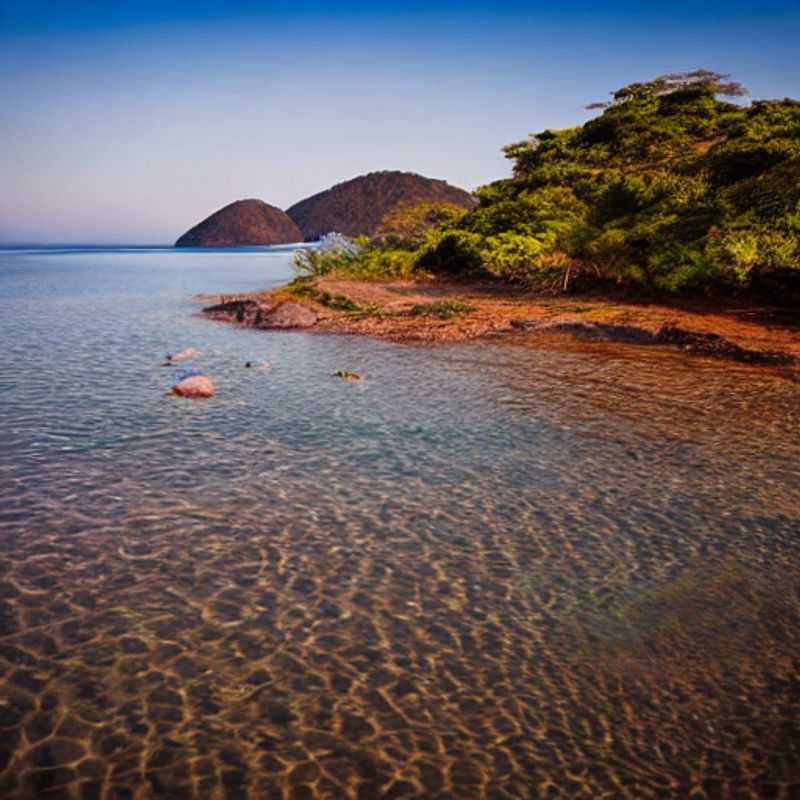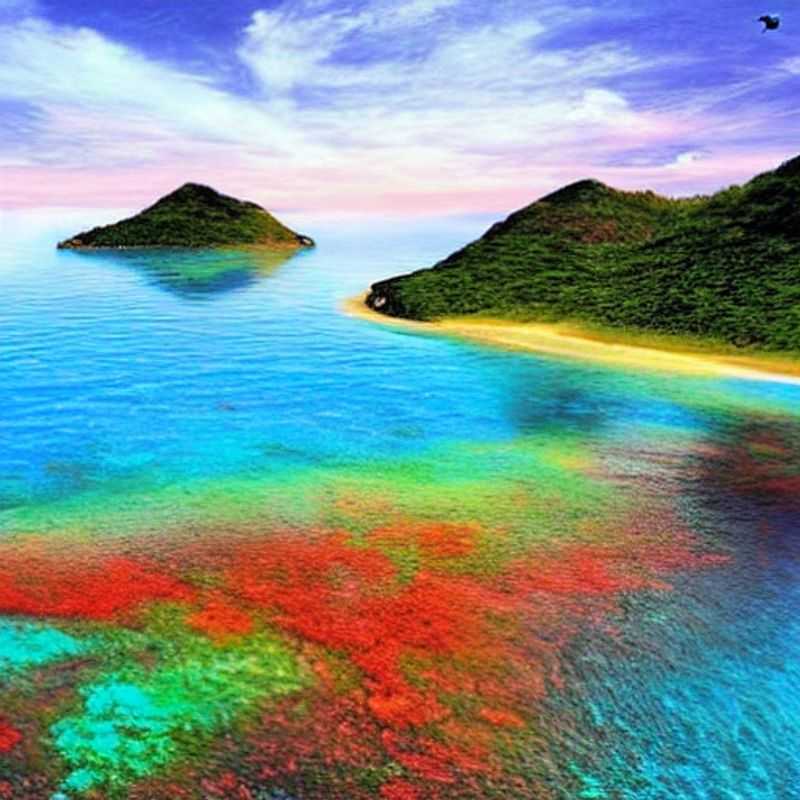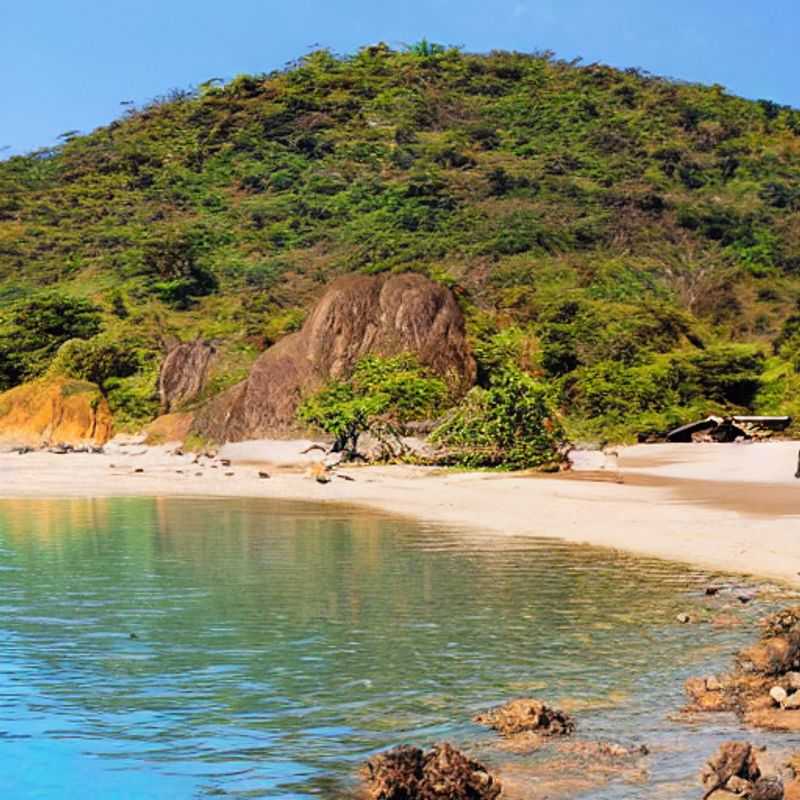Lake Malawi Safety First: 4 Essential Tips for a Secure & Enjoyable Trip

Backpacking Lake Malawi 2026: Essential Safety & Travel Tips
Backpacking Lake Malawi in 2026 promises an unforgettable adventure, blending stunning natural beauty with vibrant local culture. This guide focuses on ensuring a safe and rewarding experience for travelers. When planning your trip, prioritize understanding local customs and etiquette to foster positive interactions. Regarding safety, while Lake Malawi is generally welcoming, it's wise to be aware of your surroundings, especially in busier towns. Keep valuables secure and avoid displaying expensive items openly. For transportation, consider using reputable local transport services or pre-booked transfers, and always agree on fares beforehand if using taxis. When swimming or engaging in water sports, be mindful of currents and local advice regarding safe swimming areas. Malaria is a concern in Malawi, so consult your doctor about appropriate preventative medication and pack insect repellent with DEET. Staying hydrated is crucial, so drink bottled or purified water. Communication is key; learning a few basic Chichewa phrases will go a long way in enhancing your experience and showing respect. Flexibility is also a vital tip for backpackers; embrace unexpected detours and opportunities for authentic connection. Finally, ensure you have comprehensive travel insurance that covers medical emergencies and trip disruptions.

You may also like
Lake Malawi Adventure: Your Safety Net – Emergency Services & Medical Facilities
Navigating Lake Malawi Safely: A Guide to Emergency Services and Medical Preparedness
Staying Safe on Lake Malawi: Practical Tips for Medical Emergencies & Essential Contacts
Exploring Lake Malawi Responsibly: Understanding Healthcare Access & Safety Precautions
Lake Malawi's Hidden Gems: A Safe & Smart Traveler's Guide to Healthcare & Emergency Services
Beyond the Tourist Trail: Ensuring Your Safety and Well-being on Lake Malawi
Your Lake Malawi Journey: Planning for Safety, Healthcare, and Unforgettable Experiences
Lake Malawi: Adventure with Peace of Mind – A Guide to Emergency Medical Care
Smart Travel in Malawi: A Focus on Safety and Medical Resources around Lake Malawi
Unlocking Lake Malawi: Prioritizing Safety & Access to Healthcare for a Smooth Trip
Jambo! Planning a family adventure to Lake Malawi between summer and fall? As your seasoned African tour guide, let me share some insider tips for a safe and enriching experience, especially focusing on the availability of emergency services and medical facilities.
The weather during summer and fall in Lake Malawi is generally warm and sunny, perfect for swimming and watersports. Expect average temperatures between 25-30°C (77-86°F). However, pack light rain gear as showers are possible, especially in the afternoons.
Emergency services in Lake Malawi are limited outside of major towns like Nkhata Bay and Mangochi. While ambulances exist, response times can be unpredictable. It's crucial to have comprehensive travel insurance that includes medical evacuation, especially given the potential for remote locations you might explore.
Medical facilities vary significantly. Major towns have hospitals, but smaller villages may only have basic clinics. Ensure you pack a well-stocked first-aid kit with essentials like antiseptic wipes, bandages, pain relievers, and any personal medications. Consider consulting your doctor before your trip about recommended vaccinations and malaria prophylaxis.
Lake Malawi's culture is vibrant. The Chewa, Nyanja, and Tumbuka are among the major ethnic groups. You'll find warm hospitality wherever you go. Locals often greet each other with "moni" (hello) and "tikufuna" (we love you). Expect to see beautiful colorful chitenge fabrics incorporated into clothing. Music and dance are integral parts of their culture – you'll hear lively Malawian rhythms in villages and markets.
Dining can be a delicious adventure! Nsima (a thick maize porridge) is a staple, often served with various stews (relish) like fish, beans, or vegetables. Try fresh grilled fish caught from the lake – a true local delicacy! Street food is generally safe but choose reputable vendors. A typical meal will cost between 500-2000 Kwacha (approximately $0.50-$2.00 USD).
Transportation options include minibuses (matatus), which are affordable (around 500-1500 Kwacha per person per journey), but can be crowded. Private taxis are available but more expensive. Hiring a driver with a vehicle is recommended for exploring remote areas, especially with children, offering safety and flexibility. Expect to pay around $50-$100 USD per day for a driver and vehicle.
Consider exploring the less-visited areas of Lake Malawi – such as the scenic hiking trails around the lake. Avoid overly touristy areas; you'll encounter much more authentic experiences by delving into the local communities. Be respectful of local customs and traditions.
Accommodation ranges from budget-friendly guesthouses (from $15 USD per night) to more luxurious lodges. Plan your accommodation in advance, particularly during peak season.
A sample 7-day family trip, including accommodation, transportation, food, and activities, could cost approximately $1000-$2500 USD depending on your chosen level of comfort and activities. This is a rough estimate and can vary significantly.
Remember, preparation is key to a safe and unforgettable family adventure. With careful planning and a respectful approach, you'll discover the beauty of Lake Malawi and create cherished memories. Zikomo (thank you) and enjoy your trip!

You may also like
Lake Malawi Backpacking: Must-Know Realities for 2026
Planning a backpacking adventure in Lake Malawi, Malawi for 2026 promises an unforgettable experience, but being aware of a few realities will ensure a smoother and more enjoyable journey. Pack light and strategically; you'll be moving around frequently, and heavy luggage can be a significant burden. Consider the climate: Lake Malawi experiences a tropical climate, so expect heat and humidity, especially during the rainy season from November to April. Stay hydrated and protect yourself from the sun. While Malawi is known for its welcoming people, it's wise to familiarize yourself with basic Chichewa phrases; a little effort goes a long way in building connections. Connectivity can be spotty outside of major towns, so download offline maps and essential information before you arrive. Transportation options range from minibusses (matolas) to more private taxis; be prepared for potentially crowded and less predictable journeys with minibusses, but they are incredibly budget-friendly. Embrace the local pace; things often move slower than you might be used to, and patience is key. Regarding accommodation, you'll find a range from budget-friendly hostels and guesthouses to more luxurious lodges, particularly along the popular tourist routes. Book ahead during peak seasons if you have specific places in mind. Finally, and perhaps most importantly, be open to the unexpected. Backpacking in Lake Malawi is about immersing yourself in the culture, connecting with nature, and discovering hidden gems. The most rewarding moments often come from embracing the spontaneous and stepping outside your comfort zone. Respect local customs and traditions at all times; dressing modestly when visiting villages is appreciated. By preparing for these realities, your 2026 backpacking trip to Lake Malawi will undoubtedly be a highlight.